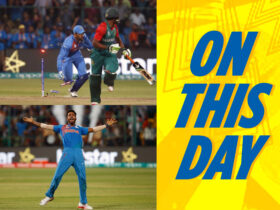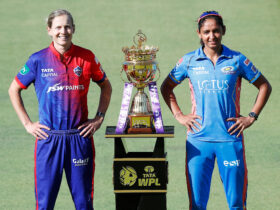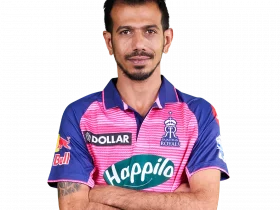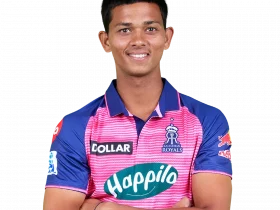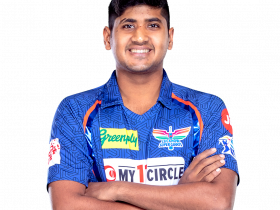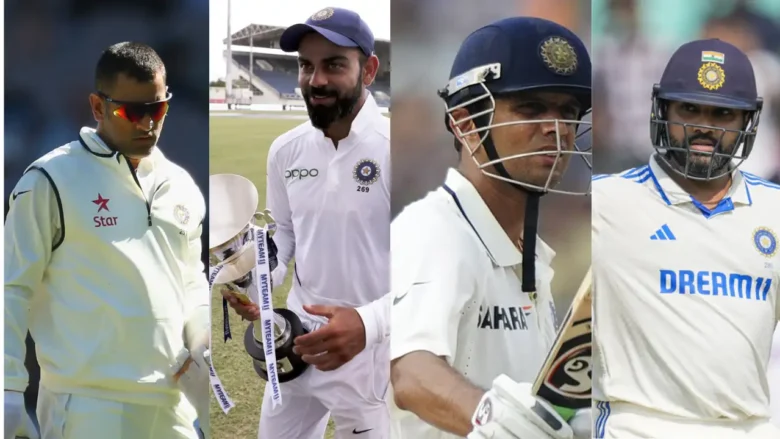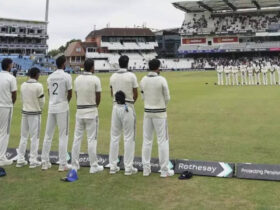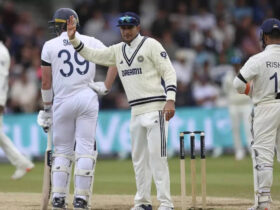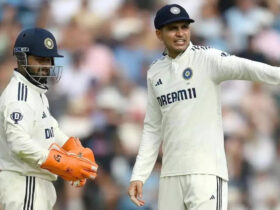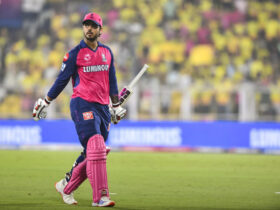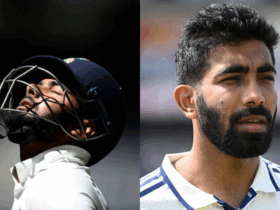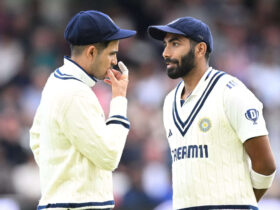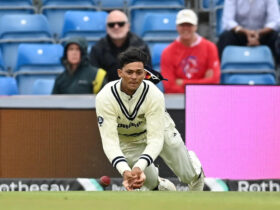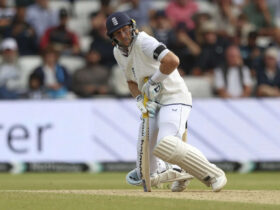Introduction: As the cricketing world turns its attention to Headingley, a new chapter in Indian cricket is about to unfold. At just 25 years old, Shubman Gill is set to don the captain’s armband for the first time in Test cricket during the highly anticipated clash against England. The weight of leading a nation with a storied Test history is no small task, and Gill steps into a role that has tested the mettle of some of India’s greatest cricketing icons. With history as our guide, let’s revisit how the last ten Indian Test captains performed in their debut matches at the helm, and what Gill might draw from their legacies.
A Legacy of Leadership: Test captaincy is a unique crucible, blending tactical acumen with personal performance under immense scrutiny. Over the decades, Indian skippers have faced varied challenges in their first Tests, from stunning victories to heartbreaking defeats. Here’s a detailed look at the debut performances of the past ten Indian Test captains before Gill, each leaving a distinct imprint on the game:
Jasprit Bumrah (2022, Birmingham vs England): Making history as the first fast bowler to captain India in Tests in over three decades, Bumrah showcased his bowling prowess with a five-wicket haul. However, England’s aggressive ‘Bazball’ approach saw them chase down a daunting 378-run target for a seven-wicket victory, leaving Bumrah with lessons in captaincy under pressure.
Rohit Sharma (2022, Mohali vs Sri Lanka): Rohit’s tenure began with a statement of intent, leading India to a massive innings and 222-run win. Though his personal contribution with the bat was a modest 29, his tactical nous and team management set the tone for a dominant era, reflecting his aggressive yet composed leadership style.
KL Rahul (2022, Johannesburg vs South Africa): Standing in as captain, Rahul battled hard with a gritty 50 in the first innings on a challenging Wanderers pitch. Despite his efforts, India succumbed to a seven-wicket loss, a result that highlighted the steep learning curve of leading in hostile conditions abroad.
Ajinkya Rahane (2017, Dharamsala vs Australia): Known for his calmness, Rahane led India to an eight-wicket triumph in a crucial series-deciding Test. Scoring 46 and an unbeaten 38*, he played a pivotal role with the bat, demonstrating the understated yet effective leadership that became his hallmark.
Virat Kohli (2014, Adelaide vs Australia): Few debuts have been as electrifying as Kohli’s. Taking over mid-series, he smashed twin centuries (115 and 141) and nearly pulled off an improbable chase of 364. Though India fell short by 48 runs, Kohli’s fiery intent and unrelenting aggression redefined Indian captaincy.
MS Dhoni (2008, Kanpur vs South Africa): The ‘Captain Cool’ era began with a clinical win, as Dhoni marshaled his troops to chase down a modest fourth-innings target. Scoring 32 in his only innings, his unflappable demeanor and sharp decision-making were evident from the outset of his storied Test leadership journey.
Anil Kumble (2007, Delhi vs Pakistan): India’s greatest spinner had a dream start as captain, scalping seven wickets in a tense match to secure a six-wicket victory. Kumble’s performance underlined his ability to lead by example, combining experience with a relentless competitive spirit.
Virender Sehwag (2005, Ahmedabad vs Sri Lanka): Sehwag’s cavalier batting took a backseat in his captaincy debut, managing just 20 and 0. Yet, India cruised to a 259-run win, thanks to a collective team effort, showcasing that leadership for Sehwag was as much about inspiring as performing.
Rahul Dravid (2003, Mohali vs New Zealand): Dravid’s first Test as captain ended in a draw, with personal scores of 13 and 5. Dominated by New Zealand’s mammoth first-innings total, the match offered little scope for Dravid to shine, though his cerebral approach to the game was a precursor to his successful stint as ‘The Wall’ of Indian leadership.
Sourav Ganguly (2000, Dhaka vs Bangladesh): Often credited with transforming Indian cricket, Ganguly’s debut as captain was a confident stride forward. Scoring 84, he guided India to a commanding win, setting the stage for an era of fearless cricket that redefined the team’s identity on the global stage.
What Lies Ahead for Shubman Gill?: As Gill prepares to lead India at Headingley—a venue known for its swinging conditions and raucous crowds—he faces a stern test against a resurgent England side. With a blend of youth and maturity in his batting, Gill has shown promise, amassing over 1,400 Test runs at an average of 35.66, including four centuries. But captaincy demands more than runs; it requires tactical sharpness and emotional resilience. Will he emulate Kohli’s fiery determination, Rahane’s quiet grit, or Ganguly’s bold vision? Only time will tell.
Conclusion: The spotlight at Headingley isn’t just on a match; it’s on the birth of a potential new era in Indian cricket. Shubman Gill carries the hopes of a billion fans as he steps into the shoes of legends. Whether his debut mirrors the triumphs of Rohit Sharma or the near-misses of Virat Kohli, one thing is certain: this Test against England will be the first brushstroke in Gill’s canvas as a leader. As history watches, so do we, eager to witness the making of India’s next great captain.


